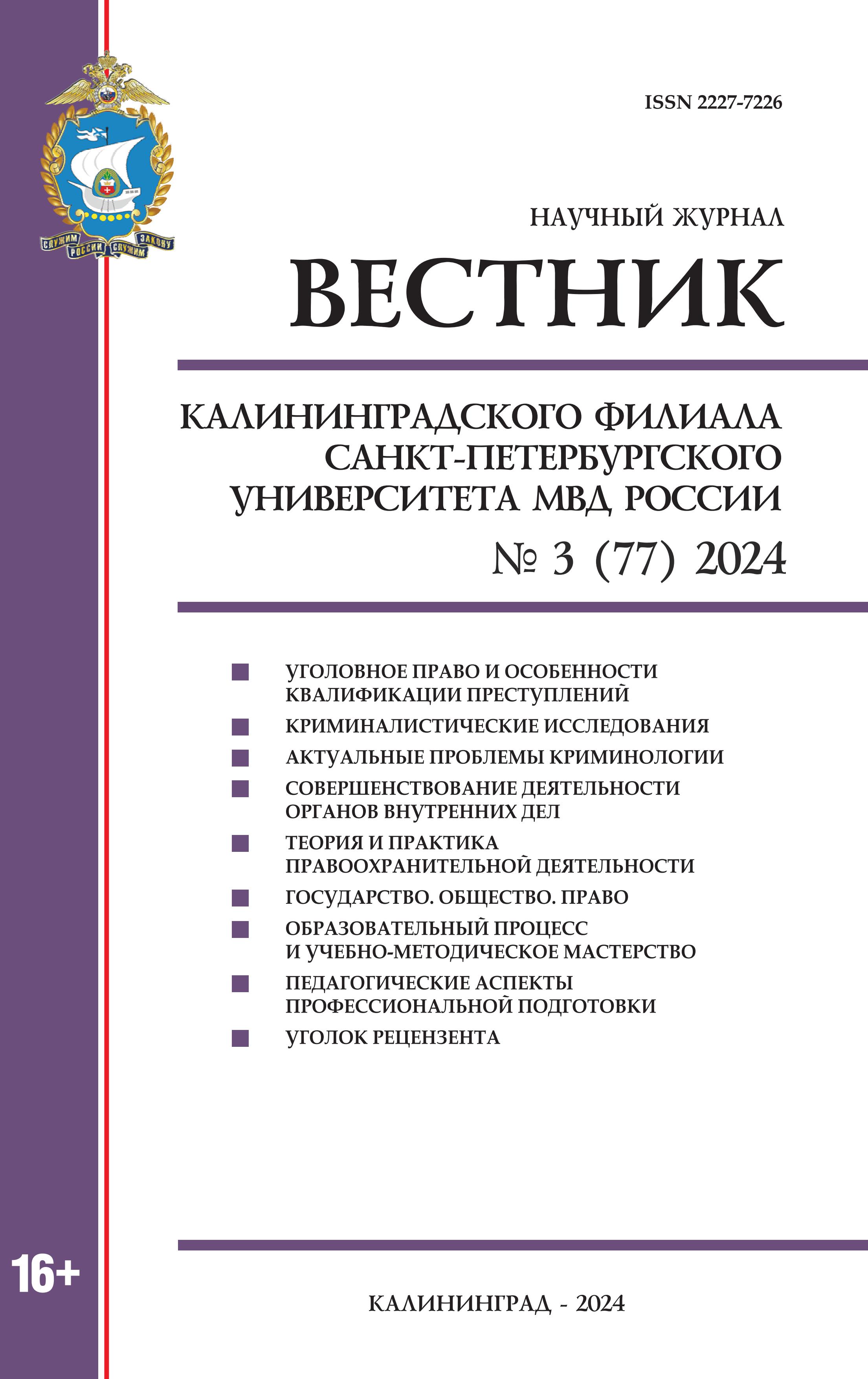from 01.01.2009 to 15.08.2024
Kaliningrad, Kalinigrad, Russian Federation
Introduction. The article considers the features of working with anthroponymic vocabulary and its influence on the formation of students' linguocultural competence in the process of teaching foreign languages. The main objectives of the study conducted by the author were to determine the place and potential of anthroponymic vocabulary in the linguodidactic process and to describe the methods of working with these lexical units aimed at developing students' linguocultural competence (using the Polish anthroponymicon as an example). The theoretical basis of the study was the scientific works of domestic and foreign scientists; its practical part is based on the author's methodological developments and materials from textbooks on Polish as a foreign language. Methods. The study used general scientific (analysis, systematization, generalization) and linguodidactic (competence, communicative and linguocultural approach) methods. Results. The importance of using anthroponymic vocabulary for the formation of linguocultural and intercultural competences is substantiated, and variants of tasks using anthroponyms are described. The conclusion is made about the necessity of studying onyms at all stages of teaching foreign languages. This is due to the fact that, due to insufficient attention to onomastic vocabulary when studying a foreign language, linguocultural gaps may arise, which will contribute to the formation of incorrect ideas about the nominal system of the language being studied and lead to communicative errors and failures.
Onomastics, linguoculturology, linguacultural competence, intercultural competence, anthroponym, Polish language.







